The Stigma of Maternal Brooding: Digging Deep into Themes of Motherhood, Melancholia, and Mental Health in David Cronenberg’s “The Brood”
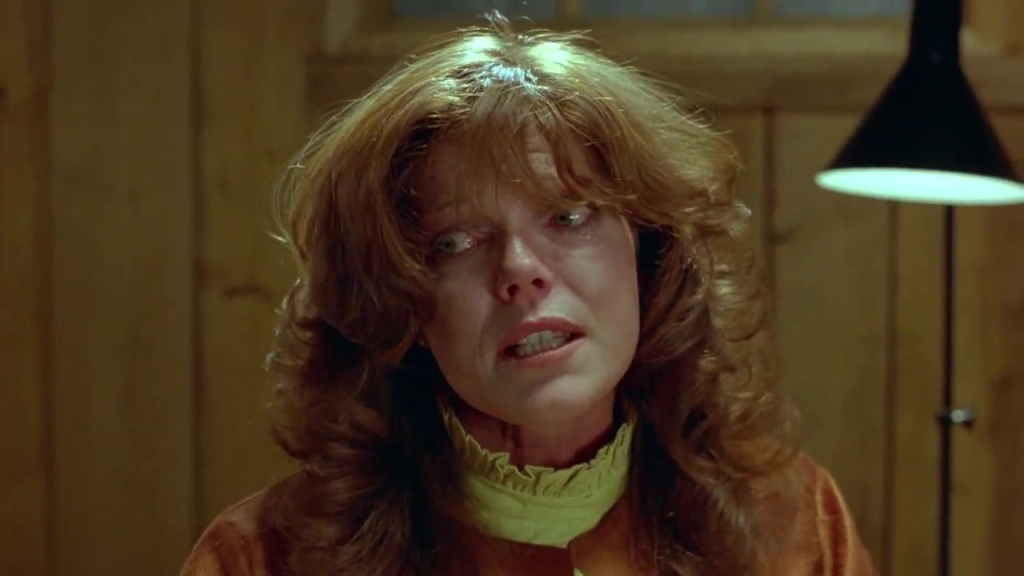
Roger Ebert described David Cronenberg’s The Brood as the many shapes that rage can take. In his review, he focused on the divorce aspects, saying that it handled the subject of a messy divorce even better than Kramer vs. Kramer. Divorce is messy, and people get hurt, and hurt each other, even if they don’t want to.
This seems to be the general reading of The Brood. I mean, that was certainly the intended vision, considering it is based loosely on Cronenberg’s own bitter divorce.
The Brood has always been a favorite of mine, along with its creator, but the ending would often leave a bad taste in my mouth. Separation can make people act in a way they normally wouldn’t, and often shines a light on the awful parts of us that we try to hide. And honestly, I didn’t hold a single action against Nola, until it came down to her wanting to harm her child.
When women become mothers, that becomes their entire identity. While society hopes that a man will be a good father, which often just entails sticking around and being somewhat available emotionally, a woman must be a good mother in every aspect, or face public ridicule and shame. You can find countless blog posts about the “right” way to do everything, from how often to hold a baby, to how exactly to feed them. A slip in the norm, no matter how small, is an offense to everyone; men, women, mothers, and people who never want to have kids.
This is one of the many reasons why postpartum depression is rarely discussed. Your child is supposed to be your entire world; how could looking at you child’s small, beautiful face not correct every wrong in your life? The simple fact of the matter is that it doesn’t, and expecting it to do so can lead to dangerous consequences.
Depression surrounding motherhood is often overlooked and diminished.
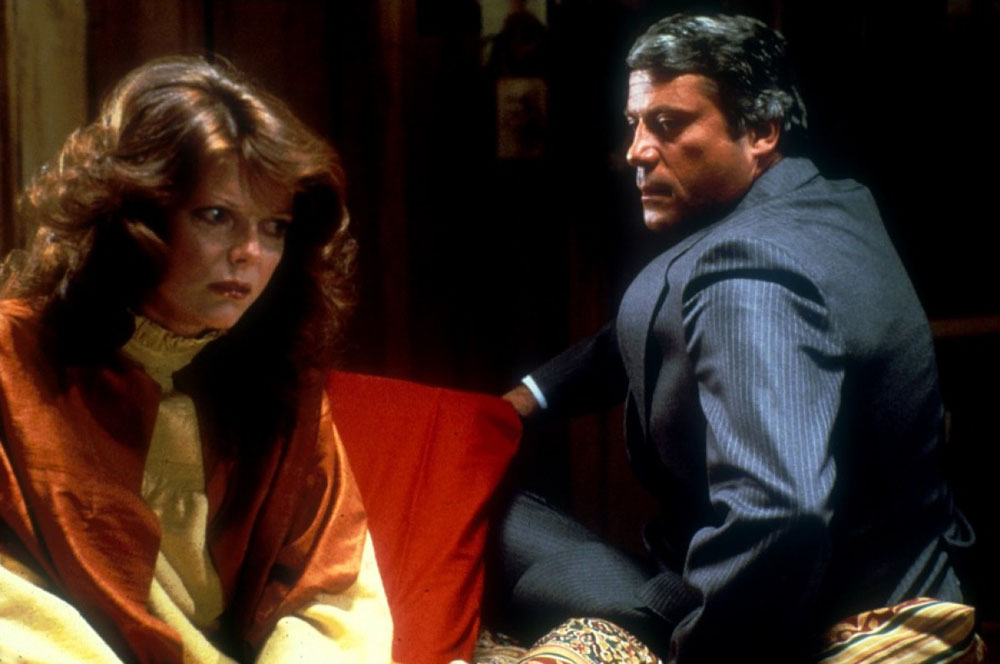
How many of us have heard it called “the baby blues” instead of the harsh reality of what it is: a legitimate illness that requires real treatment. Pregnancy symptoms align closely with symptoms of depression; sleeping a lot, low self-esteem, mood swings. Obviously, hormones are shifting quickly during pregnancy, causing people to not feel like themselves. But instead of giving sympathy to the people going through the physical and hormonal changes, most of it is reserved for their partners. Our culture spins around people feeling sorry for the partners of pregnant people because they are often at the receiving end of the mood swings, and are forced to watch someone change physically.
But depression through pregnancy, and postpartum depression, are enough to make you feel like a monster — especially because it is something you have to hide if you want to be perceived well.
When my nephew was born, my sister was miserable, namely because she couldn’t connect with her son. When she looked at him, she felt nothing, no love, no nurturing instincts; all she wanted to do was sleep. When the hormones settled back in the right place, she fell in love. But she’s never been able to forgive herself for how she felt the first few months of his life.
When my son was born, I was inconsolable. I sobbed all day, everyday, and I rarely had a reason. Suddenly, I would just be overcome with a feeling of dread or sadness that would break me down with ease. Sometimes, the dread wouldn’t even emerge. I would simply notice I was crying, which would throw me into hiccupping sobs because I didn’t know what was wrong — and there was no way to stop it, because there wasn’t a trigger. It was just something that happened. I was so absolutely empty that I couldn’t even eat. I ended up having to be put in a psych ward, where I would drop nearly fifteen pounds in a week.
I had never felt more out of control in my life. We are supposed to know who we are, but for nearly seven months, all I was sure of was that this wasn’t me. Whoever I was, was lost in an ocean of tears, and whatever I was now, was drowning.
The worst part of the hushing we do in mental health surrounding mothers, is how little we know about it.
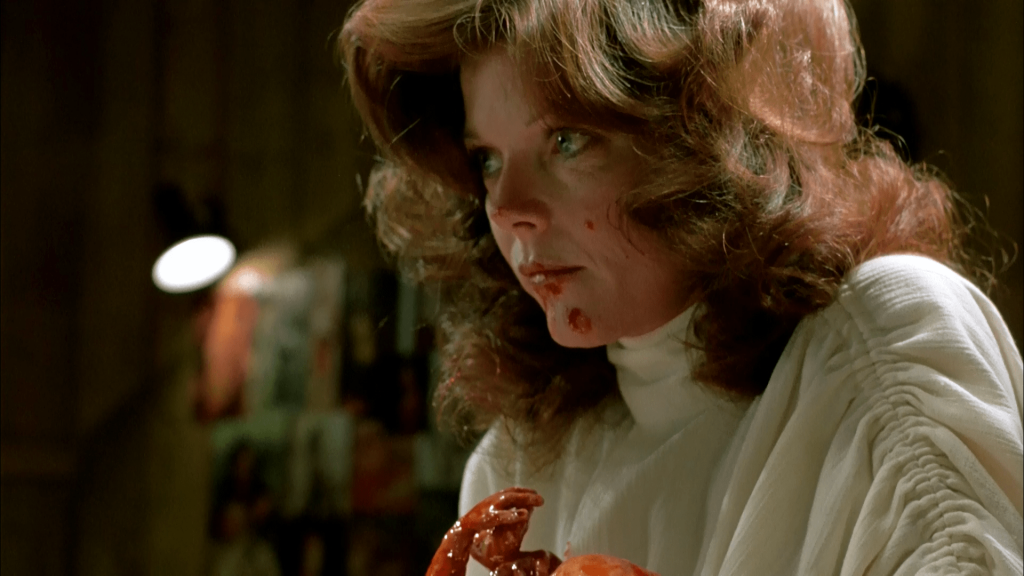
When can you get postpartum depression? How long does it last? It can pop up anywhere from one week, to a year after birth, and it can last anywhere from three to six months, to one to three years. When your life is supposed to be completely dedicated to another, and your happiness is tied to theirs, how do you express bad feelings without tainting theirs?
Postpartum depression has been documented as lasting years, and for people with past relationships with depression, the odds are you’ll get it.
The Brood’s Nola, spends the length of the film in an institute for people with “mental disturbances”. Surely, the crumbling of her relationship has helped lead to this stay, but the main reason the film supplies for her stay is because of parental abuse. Nola wants nothing more than to be with her daughter, and to be the mother to Candace that she herself needed, but she can’t.
Nola’s unmanaged emotions manifest into a series of traumatic births, producing the murderous brood. But the only emotion ever brought up is rage, probably because the brood are violent and murderous. However, anyone who has ever struggled with depression in any sense, knows that a huge part of it is an inability to control your emotions. Depression is not only sadness, but an extreme irritability that can lead to snapping — a feeling you are powerless to control.
Nola is trapped in an endless cycle of pregnancy and birth, and the only person who she has to help her is her doctor.
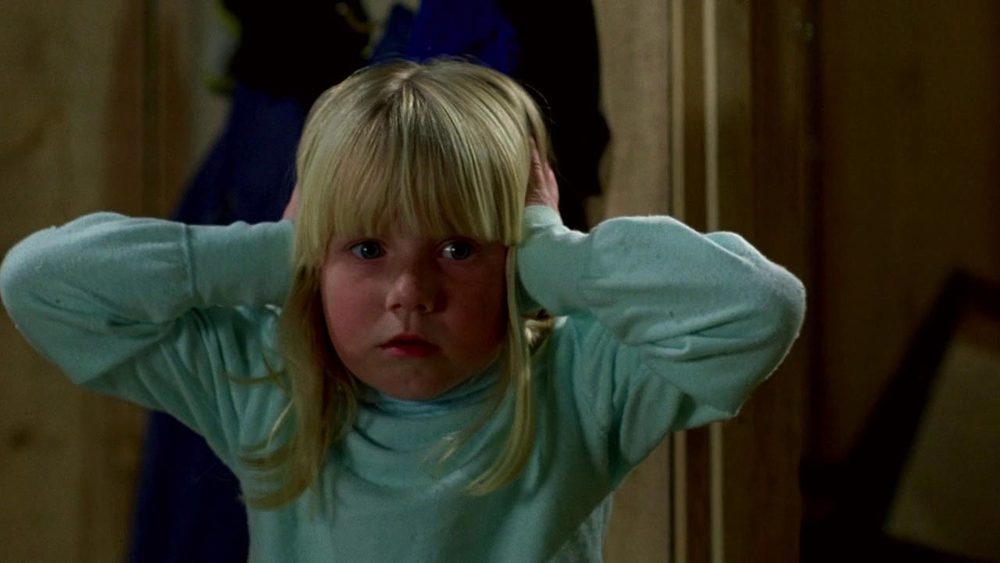
Her husband is unable to deal with her emotions, and instead of learning how to adjust and empathize, shutters her away and replaces her. Nola is forced into the role of the villain, because she is the “crazy woman” every man fears; one that is unable to hide their negative emotions. The “crazy woman” is so hated that she must die. After all, why spend time helping her, and looking at the darkness that ties to life, when you can simply replace her with a woman who either doesn’t feel those things, or hides them better?
[Ending plot spoiler ahead]
The Brood closes on a shot of a traumatized Candace, who is starting to show the same physical signs that landed her mother in the institute.
It is often read that she will suffer the same fate as Nola, doomed by genetics. We know that depression is often passed through generations, but that doesn’t mean that there is no escape. Understanding that healing from trauma is not a straight line, and takes a lifetime of steady work and attention, saves lives.
In spite of that, at the end of The Brood, Candace seems doomed. She’s not only been touched by trauma she’ll have to work through, along with a genetic disposition for depression, she’s been born into a world that sidelines women’s emotions and replaces rather than fixes.
In 1979, and now, she is doomed to the brood, left to drown in a treatable illness.


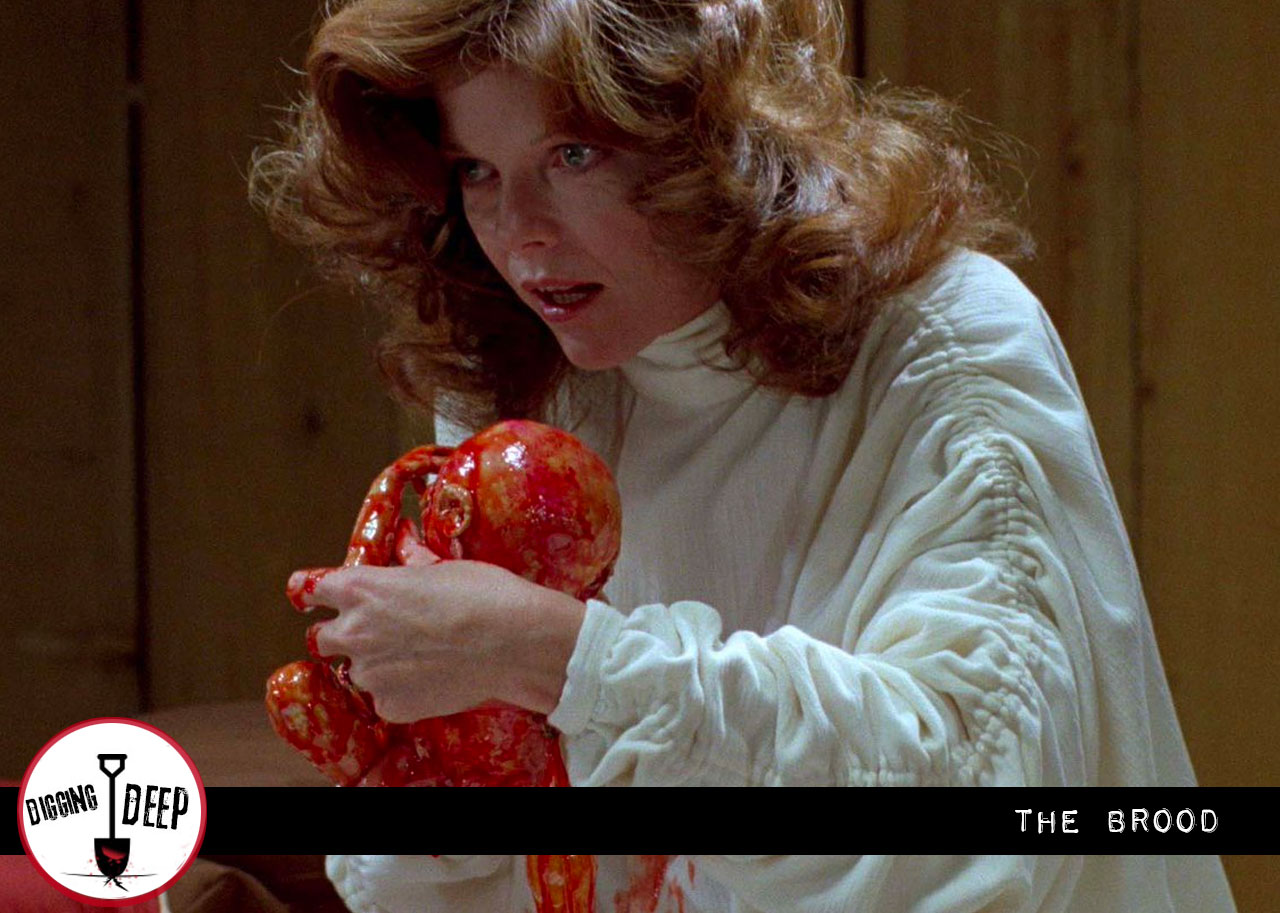








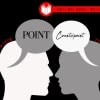





2 Comments
2 Records
Mark Troiano wrote:
The Angry Princess wrote:
Well, that’s certainly one opinion.